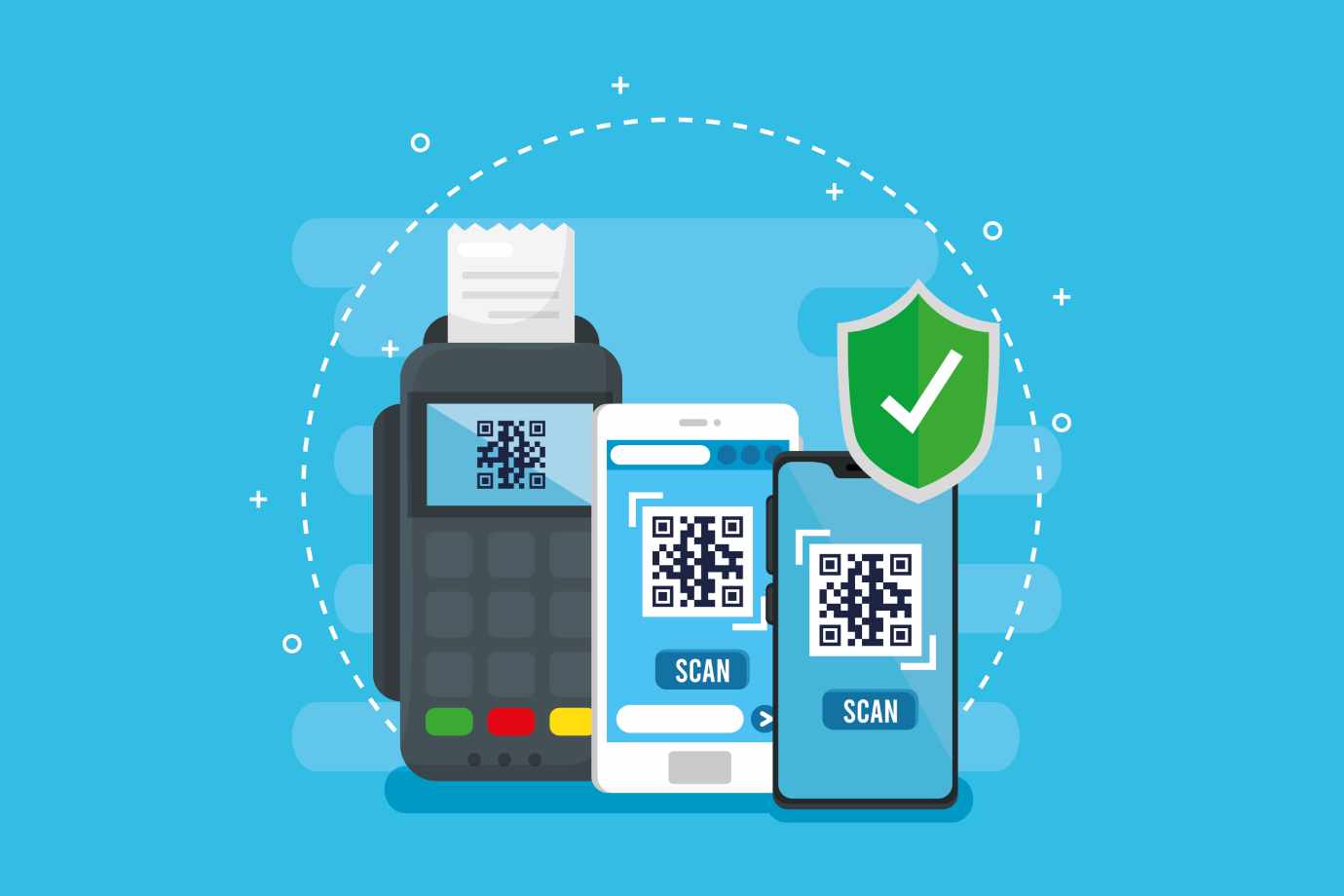The Ultimate Guide to Choosing the Best IT Services for Your Startup
Starting a new business is an exciting journey filled with opportunities and challenges. One critical aspect that can significantly influence your startup’s success is choosing the right IT services. With numerous options available, finding the best fit for your needs can be overwhelming. This ultimate guide will walk you through the essential IT services for startups and provide tips on selecting the best solutions for your business.
1. Understanding Your Startup’s IT Needs
1.1 Assess Your Business Requirements
Before diving into the world of IT services, it’s crucial to understand your startup’s specific needs:
-
Type of Business: Identify the nature of your business—whether it’s tech-focused, retail, service-oriented, or something else.
-
Scale Consider the size of your team and your growth trajectory. Different solutions may be needed as you scale.
-
Core Activities: Determine what core functions your IT infrastructure will support, such as customer management, product development, or online sales.
1.2 Define Key IT Objectives
Your IT services should align with your business goals:
-
Operational Efficiency: Look for solutions that streamline your operations and reduce manual tasks.
-
Scalability Choose services that can grow with your business and adapt to changing needs.
-
Security: Ensure robust security measures to protect sensitive data and comply with industry regulations.
2. Essential IT Services for Startups
2.1 Cloud Computing
Benefits: Cloud computing offers scalability, cost-effectiveness, and remote access to your data and applications.
Types: Public clouds (e.g., AWS, Google Cloud), private clouds, and hybrid clouds.
Providers: Amazon Web Services (AWS), Microsoft Azure, Google Cloud Platform.
2.2 Software and Application Solutions
Types: Essential software includes CRM systems, project management tools, and accounting software.
Benefits: Improve productivity, manage business processes, and enhance customer relationships.
Providers: Salesforce (CRM), Trello (project management), QuickBooks (accounting).
3. Evaluating IT Service Providers
3.1 Criteria for Selection
When choosing IT service providers, consider the following factors:
Reputation and Experience: Look for providers with a proven track record and positive reviews.
Customer Support: Evaluate the quality, responsiveness, and availability of customer service.
Cost: Ensure that the pricing fits within your budget and aligns with the value provided.
3.2 Requesting Proposals and Quotes
Information to Provide: Share details about your business needs, scale, and specific requirements.
Evaluating Proposals: Review service level agreements (SLAs), pricing structures, and the scope of services offered.
4. Implementing and Managing IT Services
4.1 Integration
Seamless Setup: Ensure that new IT services integrate smoothly with your existing systems.
Testing: Conduct thorough testing to identify and resolve any issues before full deployment.
4.2 Ongoing Management
Monitoring: Regularly monitor IT services to ensure they are performing optimally.
Updates and Upgrades: Keep your systems updated to protect against vulnerabilities and benefit from new features.
4.3 Training and Support
Employee Training: Provide training for your team to effectively use new systems and tools.
Vendor Support: Maintain a good relationship with your IT service providers for ongoing support and assistance.
Conclusion
Choosing the right IT services is a crucial step in setting up a successful startup. By understanding your needs, evaluating essential services, and selecting the right providers, you’ll build a solid IT foundation for your business.






